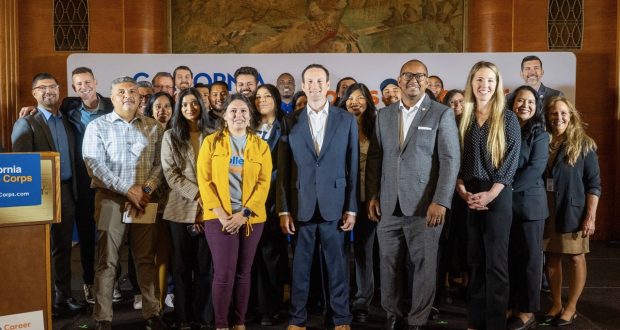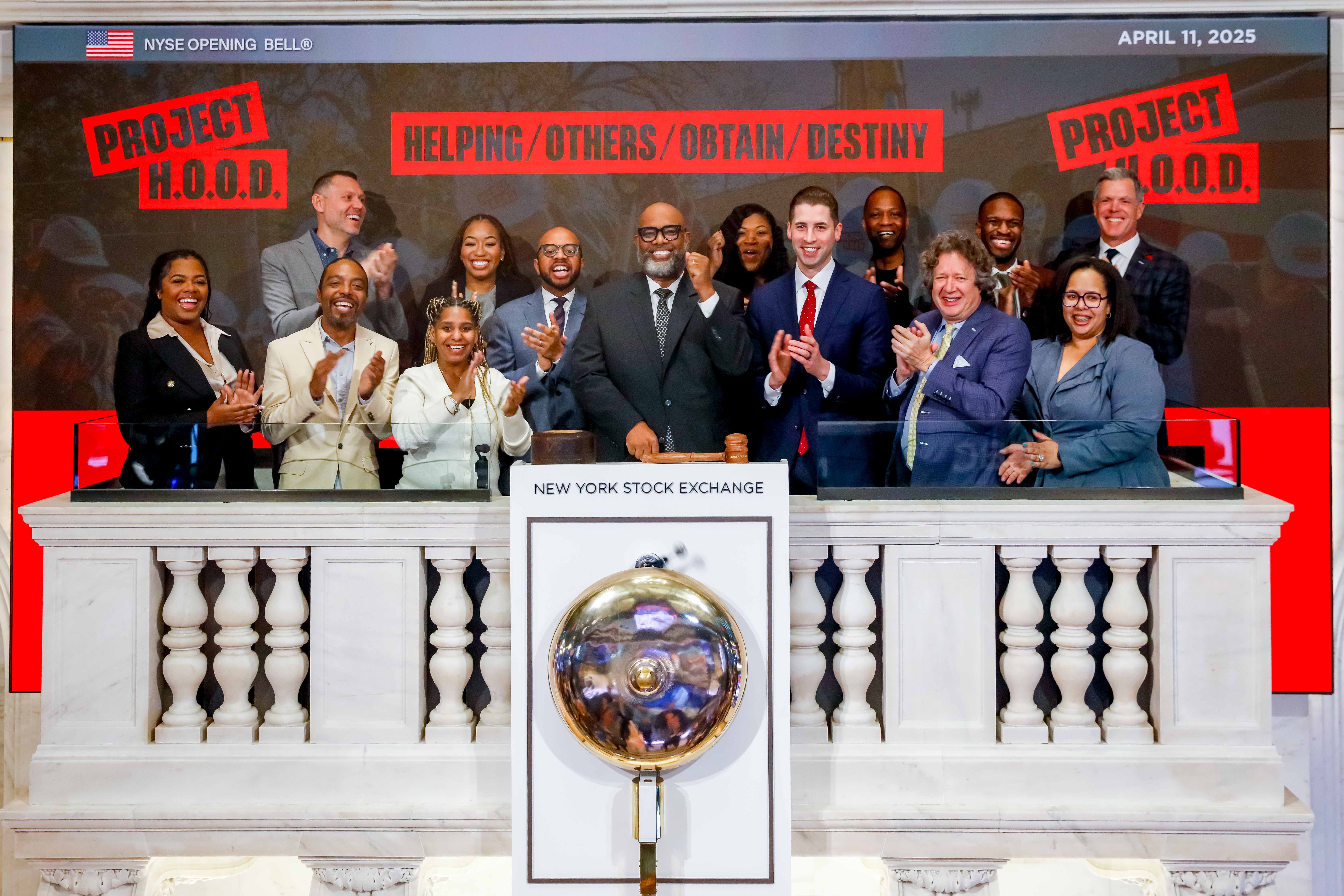By Aldon Thomas Stiles | California Black Media
Last year, America mourned the tragic suicides of two Black men who were celebrated for their exceptional talents and renowned for their achievements in the entertainment world and their links to Hollywood. The first was Stephen “tWitch” Boss, a co-executive producer and guest DJ on the Ellen DeGeneres Show. The second was Ian Alexander Jr., who was the son of Academy Award-winning actress Regina King.
Away from national headlines, tens of thousands of families across the United States are grieving over loved ones who took their own lives – with men outnumbering women four to one as states across the country – including California – report alarming suicide rates every year.
Among Black Americans, suicide is having a unique impact on Black men.
This fact is well-known to Etienne Maurice, the founder and CEO of WalkGood LA, a community wellness-focused organization based in Los Angeles and led by Black and Brown individuals.
“When I was going through my psychosis and I was manic, I did have suicidal thoughts. I never thought I was going to actually commit to doing it, but the thought was scary enough,” Maurice told California Black Media (CBM) at his Black men’s healing circle event in Los Angeles, titled YouGood.
The high-profile suicides deaths of Boss and Alexander and the rising suicide rate among Black men – while tragic and unsettling – are not surprising to Jamal Averett, an actor and attendee at YouGood, who told CBM many Black men are “screaming inside.”
Data from the California Mental Health Services Oversight and Accountability Commission, indicates that the suicide rate for Black individuals in California rose by 31.1% between 2010 and 2019, a substantial increase when compared to other ethnic groups.
“I think in order for us to really get those rates down, we have to build community with other Black men,” Averett said.
YouGood brought in 181 Black men to participate in guided yoga, meditation, journaling and exercises designed to encourage expressing their feelings.
One of the goals of the event was to challenge the stigma of emotional vulnerability among Black men.
“Growing up, we’re always taught to hold it in. Just be tough,” Averett said.
The organizers stated that another significant objective of this monthly event is to create a safe and supportive community for Black men, who have been conditioned to exhibit stoicism from a young age, to initiate the process of healing from the historical and daily traumas they have experienced.
Maurice explained how traumas, left unchecked, can take hold of someone’s life and spiral out of their control.
“I’d be in bed and be arguing with my mom, because I didn’t want to get out of bed,” Maurice said, sharing memories of interactions with his mother, the actress Sheryl Lee Ralph of Moesha and Abbott Elementary fame. “And I didn’t know why because I wasn’t that person — my mom never raised me to be that person, and she didn’t know me to be that person. So, it can be frustrating on all levels.”
Maurice noted that there is evidence that his inability to express his inner turmoil is something that some other Black men who have struggled with suicidal ideation have experienced.
“I didn’t even have a language for mental health. I think what drove me to that point was not having control,” Maurice said.
Rodrego A. Byerly is the President and CEO of EVITARUS, California’s only Black-owned-and-led public opinion and market research firm. He echoed Maurice’s point.
“There are a number of contributing factors I would point to, first and foremost a need for greater education and resources at our fingertips for how to cope with stress in all of its forms in life,” Byerly said.
What makes this crisis unusual and alarming is that the suicide rates for non-Hispanic White people decreased by 4.5% between 2019 and 2020, while the rate for non-Hispanic Black people increased by 4% according to a Centers for Disease Control and Prevention (CDC) report.
Shakari Byerly, Managing Partner and Principal Researcher at EVITARUS, pointed to racism and social unrest as a potential explanation for this phenomenon.
“Everyday discrimination is associated with higher rates of depressive symptoms, and also what’s called suicide ideation, which are thoughts or contemplations of suicide,” Ms. Byerly said. “I think also the fact that depression and anxiety are gateways to suicide ideation as well.”
Dr. Kristee Haggins, Executive Director of Safe Black Space, said that while disproportionate violence targeting Black people is not a new occurrence, the level of exposure to incidents of anti-Black violence has increased.
“There’s this heightened view again, because it was splashed all across the media,” Haggins explained.
Maurice told CBM that repeated, highly publicized murders of Black men – specifically the murder of Ahmaud Arbery – is what inspired him to build his organization, stating that he started WalkGood to “fight for Black lives.”
The Black transgender community is also witnessing a surge in suicidal rates and this population has also been subjected to heightened levels of violence and hate crimes.
Rhonda Smith, Executive Director of the California Black Health Network, statewide organization committed to promoting health equity for African Americans and Black Immigrants, advises those struggling with suicidal ideation to reach out to people close to them, utilize resources in the community, such as churches, and call 988 if they are experiencing a crisis.
Smith – as well as Maurice and Averett – assured those who are dealing with depression and desperation that although you might feel otherwise, you are not alone.
For suicide prevention resources in your community and to learn more about the subject visit this page on the California State Senate website.
California Black Media’s coverage of Mental Health in California is supported by the California Health Care Foundation.
 Westside Story Newspaper – Online The News of The Empire – Sharing the Quest for Excellence
Westside Story Newspaper – Online The News of The Empire – Sharing the Quest for Excellence





